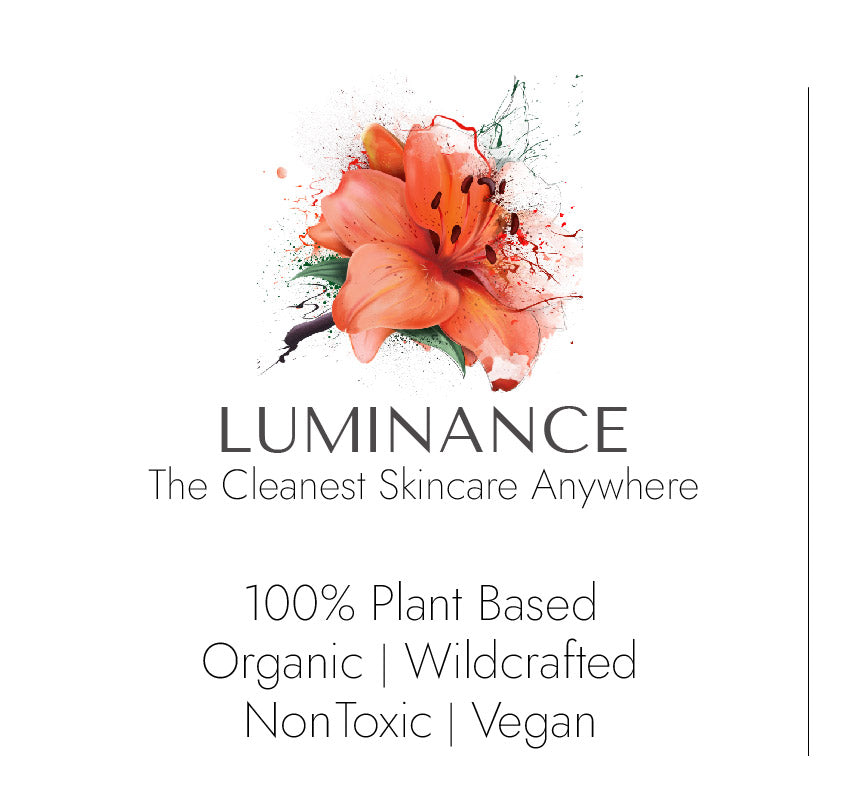Tamanu Seed Oil Is Highly Effective For Everything From Skin Rashes, To Sunburn, Skin Infections And Moisturization.

Tamanu oil, derived from the seeds of the tamanu tree (Calophyllum inophyllum), is another natural oil that's known for its potential benefits for skin. It contains a unique combination of fatty acids and compounds that contribute to its effects on human facial skin. Here's an analysis of its key components and their benefits:
1. Oleic Acid (Omega-9, approximately 40-50% of tamanu oil's composition):
Benefits:
-
Moisturization: As an emollient, oleic acid can help soften and moisturize the skin, providing deep hydration, especially beneficial for dry skin types.
-
Enhanced Penetration: Its structure can promote deeper penetration into the skin layers, carrying with it other beneficial ingredients.
2. Linoleic Acid (Omega-6, approximately 25-35% of tamanu oil's composition):
Benefits:
-
Skin Barrier Support: Linoleic acid helps in maintaining the integrity of the skin's lipid barrier, which is essential for keeping the skin moisturized and protected against environmental irritants.
-
Acne Management: People with acne-prone skin often have lower levels of linoleic acid on their skin's surface. Replenishing this fatty acid can help balance sebum production and potentially reduce acne outbreaks.
-
Anti-inflammatory: Its anti-inflammatory properties can help reduce skin inflammation, making it beneficial for conditions like acne, eczema, or general skin redness.
3. Palmitic Acid (approx. 10-15% of tamanu oil's composition):
Benefits:
-
Moisturization: Palmitic acid acts as an emollient, sealing in moisture and ensuring skin remains soft and hydrated.
-
Texture Improvement: In formulations, palmitic acid can contribute to a creamier, more spreadable consistency.
4. Stearic Acid (approx. 10-15% of tamanu oil's composition):
Benefits:
-
Cleansing: Stearic acid can help remove excess sebum, dirt, and sweat from the skin.
-
Emollient Qualities: Like palmitic acid, stearic acid provides softening properties to the skin.
Bioactive Compounds:
Beyond these fatty acids, tamanu oil is rich in unique compounds that are believed to contribute to its therapeutic properties:
- Calophyllolide: This is a unique compound found in tamanu oil that has anti-inflammatory and healing properties. It contributes to the oil's ability to soothe and calm irritated skin.
- Inophyllum: Possesses antibacterial properties, which can be beneficial for acne-prone skin or skin infections.
- Delta-Tocotrienols: Tamanu oil contains certain forms of vitamin E known as tocotrienols. These tocotrienols have strong antioxidant properties, helping to protect the skin from oxidative stress and support overall skin health.
Benefits for Human Facial Skin:
- Healing and Regeneration: Tamanu oil is often used to support the healing of minor cuts, wounds, and scars. The presence of calophyllolide may contribute to its ability to accelerate the healing process and improve the appearance of scars.
- Anti-Inflammatory: Calophyllolide and other bioactive compounds in tamanu oil possess anti-inflammatory properties, making it suitable for soothing irritated and inflamed skin conditions like eczema and psoriasis.
- Skin Barrier Support: The fatty acids in tamanu oil, particularly oleic acid and linoleic acid, help strengthen the skin's natural barrier. This supports moisture retention and helps keep the skin hydrated and supple.
- Acne-Prone Skin: Tamanu oil's balanced composition of fatty acids makes it potentially beneficial for those with acne-prone skin. Linoleic acid can help regulate sebum production and reduce the risk of clogged pores.
- Antioxidant Protection: The tocotrienols in tamanu oil offer antioxidant protection, which helps to combat free radical damage and premature aging of the skin.
- Moisturization: Similar to other natural oils, tamanu oil provides emollient properties that moisturize and soften the skin, enhancing its overall texture and appearance.
- UV Protection: Some studies suggest that tamanu oil may offer mild sun protection due to its antioxidant content. However, it should not be used as a substitute for proper sunscreen.
Tamanu oil's combination of fatty acids and other beneficial compounds makes it particularly effective for skin regeneration, wound healing, and the treatment of various skin conditions. It's often praised for its ability to fade scars, soothe sunburn, and moisturize dry skin. As always, if you're trying tamanu oil for the first time, it's a good idea to conduct a patch test to check for any sensitivities.




